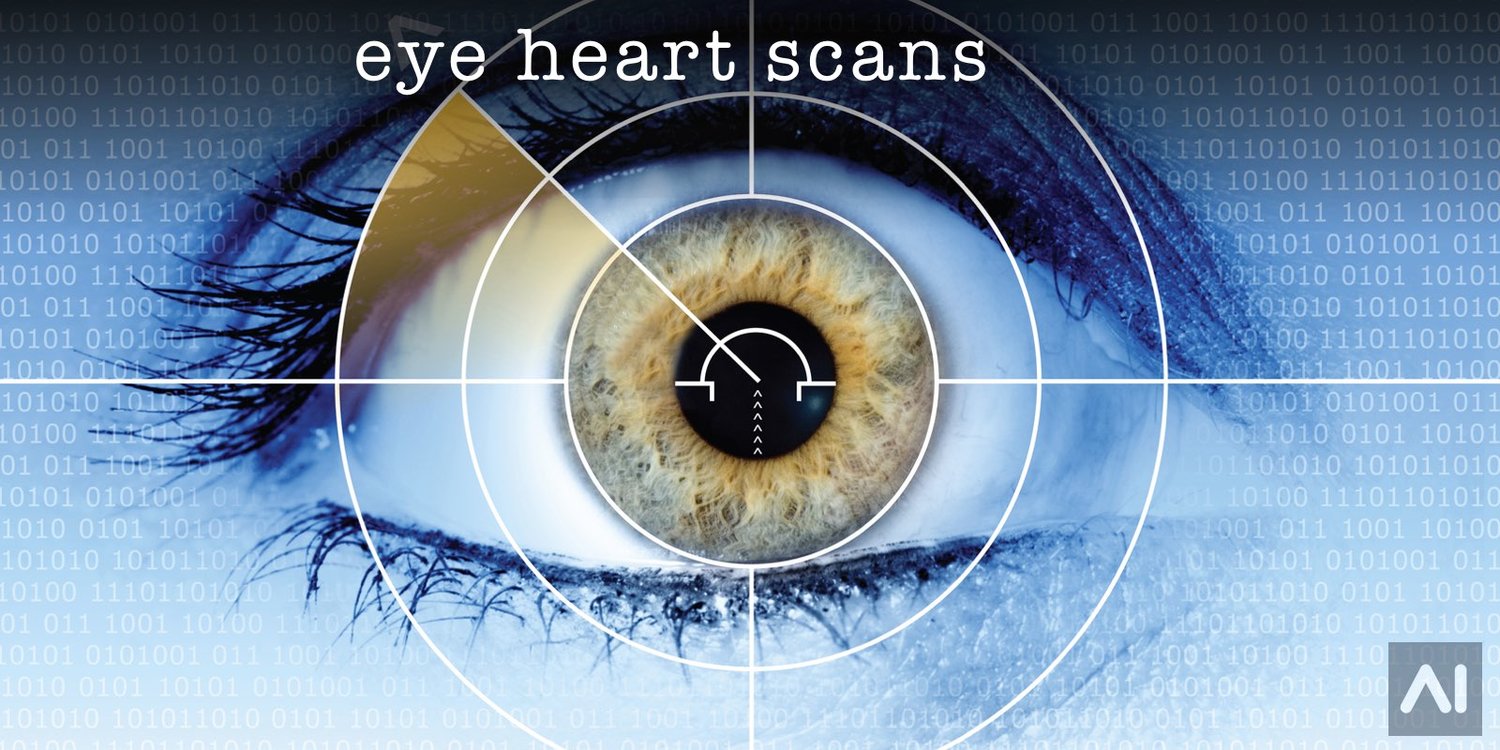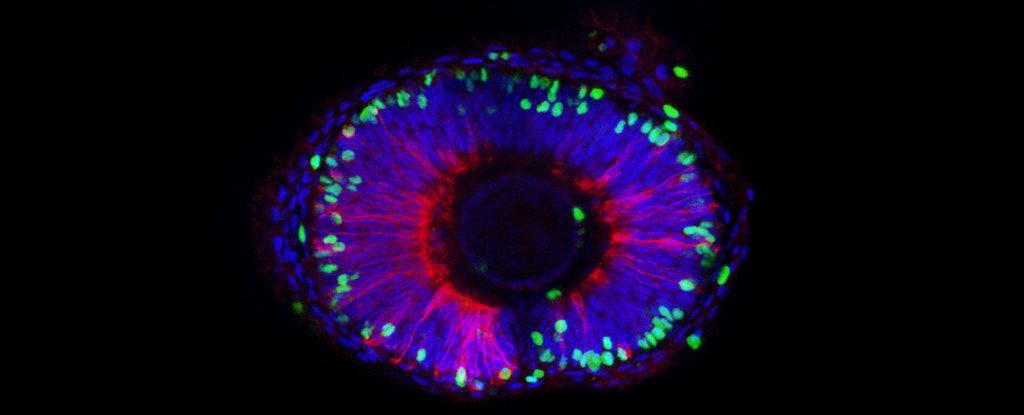 |
| (c) peimag.com |
Retina Global is a US based 501(c)(3) nonprofit that is focused on finding sustainable solutions to the ever-increasing issues with retinal diseases in underserved areas around the world.
Saturday, October 24, 2020
A commonly used anti-VEGF may not be as effective in treating diabetic macular edema in black patients
Thursday, October 22, 2020
Artificial Intelligence to predict heart disease via the eyes
 |
| (c) iaidl.org |
An international collaboration of researchers has developed an autonomous artificial intelligence that is able to predict the risk of cardiovascular disease in patients through the blood vessels of the retina. The results of the study were published in the journal Nature Biological Engineering.
Wednesday, October 21, 2020
Study reveals significant restoration of retinal and visual function following Gene Therapy
 |
| (c) Nature Biomedical Engg |
Published today in Nature Biomedical Engineering, the paper, titled, “Restoration of visual function in adult mice with an inherited retinal disease via adenine base editing,” illustrates the use of a new generation CRISPR technology and lays the foundation for the development of a new therapeutic modality for a wide range of inherited ocular diseases caused by different gene mutations.
Saturday, October 17, 2020
World's first transplant of iPS visual cells for retinal disease
Wednesday, October 14, 2020
Is there any evidence of energy drinks causing retinal damage and visual impairment?
 |
| (c) Ophthalmology Management |
Friday, October 9, 2020
Is it possible for us humans to regenerate our eyes? Research points to a possibility.
 |
| (c) elifesciences.org |
Unlike us, other animals such as zebrafish are able to regenerate this tissue that's so crucial to our power of sight. We share 70 percent of our genes with these tiny little zebrafish, and scientists have just discovered some of the shared genes include the ones that grant zebrafish the ability to grow back their retinas.
Subscribe to:
Posts (Atom)
